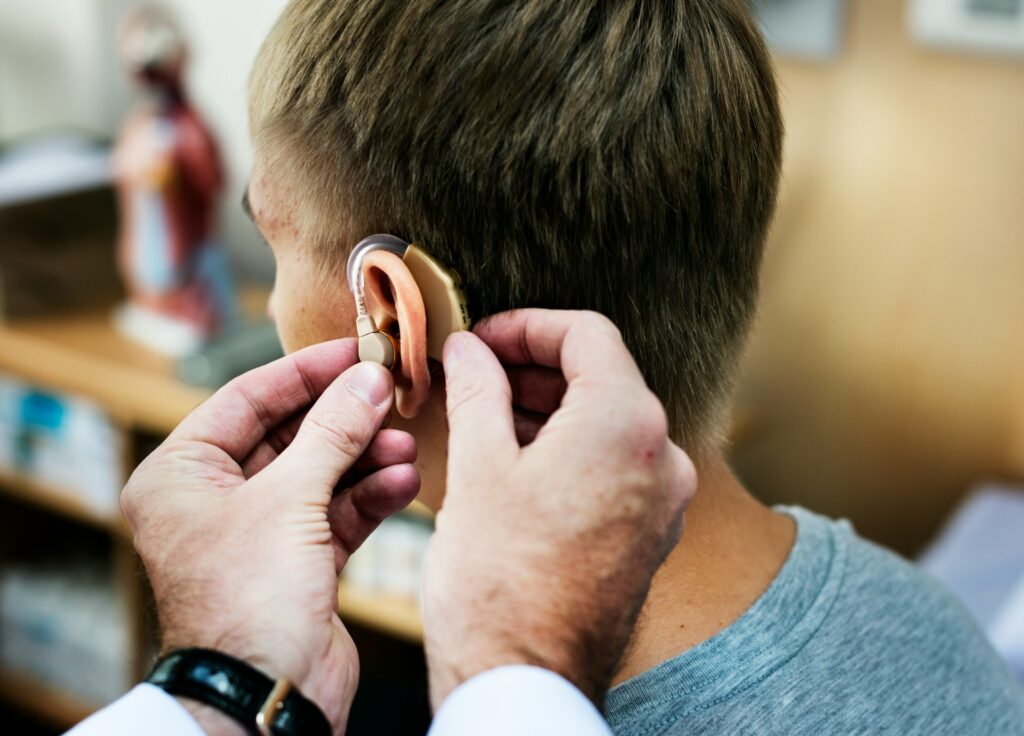Tinnitus and balance disorder sometimes go hand in hand. Tinnitus is a condition in which a person hears phantom noise in their ear, such as buzzing, ringing, or hissing. Meanwhile, balance disorder, sometimes called dizziness or vertigo, is when a person experiences a sensation of movement, either spinning, rocking, or swaying, even when they are motionless.
There can be times when the two conditions are linked, as both involve the inner ear and its vestibular system. In this article, we’ll explore the possible connections between tinnitus and balance issues and why it’s essential to be aware of their signs and symptoms.
What Is Tinnitus?
Tinnitus is the perception of noise or ringing in the ears. It can range from a mild and intermittent sound to a loud and persistent one.
What Causes Tinnitus?
Tinnitus can be caused by several factors. Damage to the inner ear from noise exposure, head or neck trauma, or the use of certain medications can all lead to the hearing of phantom noise.
Inner-ear infections or the buildup of wax in the ear can also cause tinnitus. Additionally, tinnitus can be associated with various medical conditions, such as Meniere’s disease, high blood pressure, allergies, and hearing loss.
What Is Balance Disorder?
A balance disorder is an umbrella term for a range of conditions that cause a person to experience a sensation of movement, even when they are not actually moving.
Balance disorder often causes a person to experience vertigo, dizziness, or lightheadedness. It can also lead to difficulty walking or standing, nausea or vomiting, and ear pressure or fullness.
What Causes Balance Disorder?
Balance issues are usually caused by disruption of the vestibular system in the inner ear, which helps control body balance. A problem with the brain or central nervous system, medication side effects, or a problem with the eyes or vision can also cause it. Other common causes of balance disorders include head injuries, infections, and age-related changes.
How Does Tinnitus Affect Balance?
Tinnitus and balance disorder are conditions related to the same part of the inner ear. The inner ear contains the cochlea, the hearing portion of the ear, and the vestibular system, the balance portion.
These two systems are connected, meaning that any dysfunction in one can affect the other. With this connection, tinnitus can cause balance issues, including dizziness, vertigo, and difficulty walking or standing. The opposite is true as well.
Conclusion
Tinnitus and balance disorder are common conditions that often go hand in hand. When the vestibular system is disrupted through medical conditions, trauma, or medication, it can cause tinnitus and balance disorder.
It is essential to be aware of the signs and symptoms of both conditions, as they can affect each other. You should also seek medical attention if either condition persists or worsens, as this can be a sign of an underlying problem that needs to be addressed.
At Country Hearing Care, you can count on us to help you with your tinnitus and balance issues. We have a team of experienced professionals who can evaluate your condition and provide you with the best course of treatment. Contact us today to learn more.










